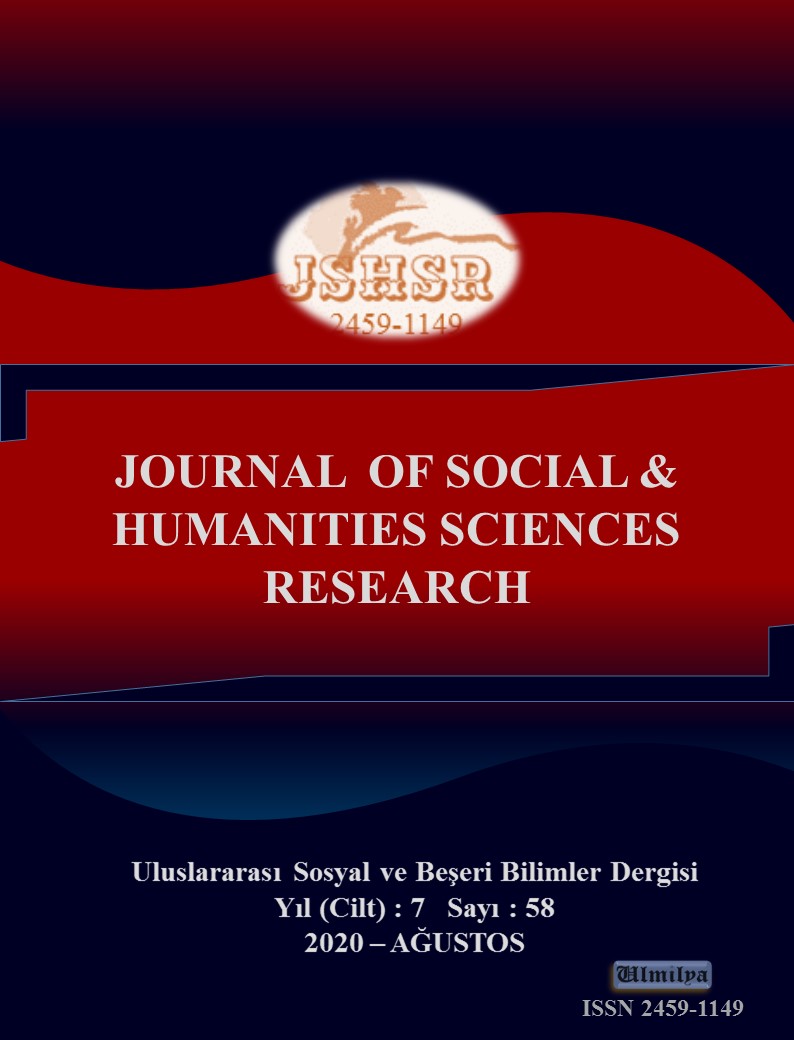STRATEGIC MANAGEMENT CONSCIOUSNESS
DOI:
https://doi.org/10.26450/jshsr.1980Keywords:
Strategy, Strategic Management, Strategic Consciousness, Organization, BusinessAbstract
A strategy is a form of approach that includes taking correct and effective steps on the way to a targeted goal. Strategic management is the long-term planning of the road to the goals and the implementation of these plans in the place, time and manner required. Both concepts are complementary but essentially a result of strategic consciousness. The concept of strategic consciousness that constitutes the starting point of strategic management is essential; it can be described as the ability to reach the goals by establishing a connection between the current situation and the future. From this point of view, the concept can be regarded as a special ability unique to individuals and institutions. The whole process between the target, which is desired to be reached from the starting point, is seen as holistic in the basis of strategic consciousness. Another prominent feature of strategic consciousness is that it includes foresight and proactive attitude before problems or crises arise. From this point of view, while solutions are sought in the classical management approach, problems are identified before the problems arise in the strategic management process, which is constructed with strategic consciousness, and it is tried to cope. Thus, the pressures created by possible crises on the organization can be reduced, and further advances can be achieved in the competition with the advantage of strategic consciousness. In today's strict and competitive environment, this way of thinking and skills are a must for businesses and managers. However, strategic awareness needs to spread not only to the management but to the whole organization and to be accepted by the employees with an internal desire
Downloads
Published
How to Cite
Issue
Section
License
Copyright (c) 2020 INTERNATIONAL JOURNAL OF SOCIAL HUMANITIES SCIENCES RESEARCH

This work is licensed under a Creative Commons Attribution 4.0 International License.


